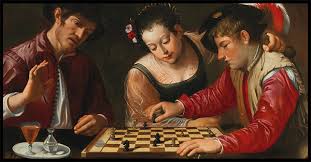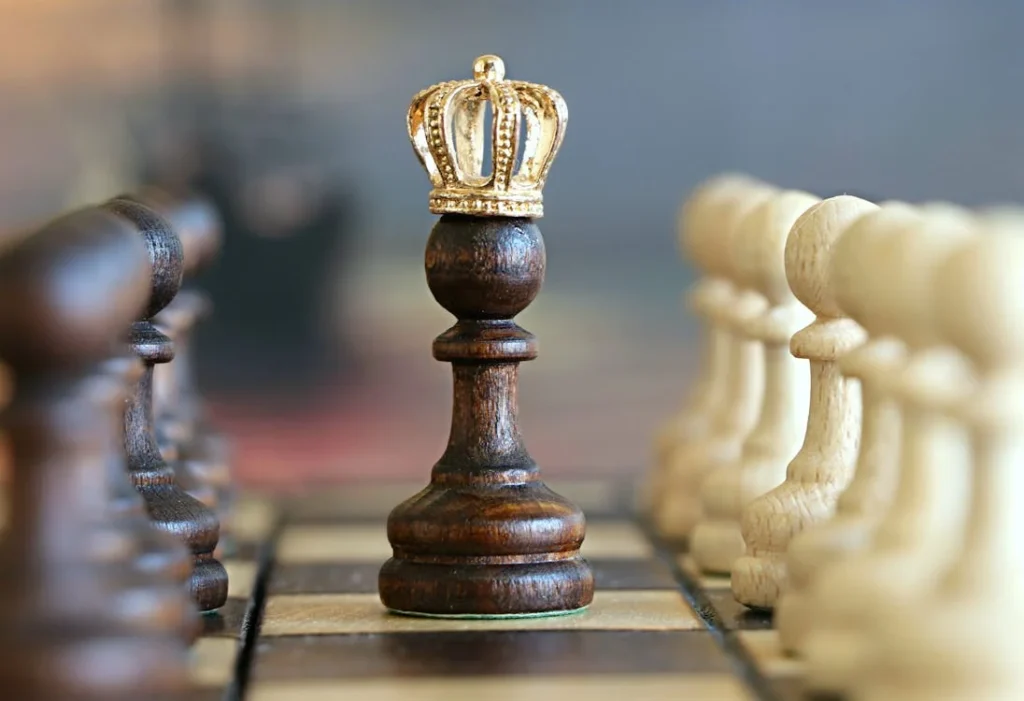Chess is a game of strategy, tactics, and deep thinking. Whether you’re a beginner or looking to improve your skills, there are key principles and strategies that can help you become a better player. Here’s a guide on how to get better at chess.
Steps:
1. Learn the Rules and Basics
Before you dive into advanced strategies, make sure you have a solid understanding of the basic rules of chess. Learn how each piece moves, special moves like castling and en passant, and how to checkmate your opponent. Understanding the foundational aspects of the game is crucial for any player.
2. Study Chess Openings
The opening phase of the game sets the stage for the middle game. Studying common chess openings, such as the Ruy Lopez, Sicilian Defense, or Queen’s Gambit, can give you a strong start. Learn the key principles of opening theory: control the center, develop your pieces, and ensure your king’s safety.
3. Control the Center
One of the most important principles in chess is controlling the center of the board. Pieces like pawns, knights, and bishops should be placed in the center (d4, d5, e4, e5 squares) to give you greater influence and mobility. A strong central presence can limit your opponent’s options and give you more opportunities to attack.
4. Think Ahead and Plan
Chess is about anticipating your opponent’s moves and developing your strategy. Think several moves ahead and try to predict how your opponent will respond. Don’t just focus on immediate threats, but also consider long-term goals. Try to create a plan and be flexible enough to adjust it as the game progresses.
5. Practice Tactics
Tactics are short-term maneuvers that can lead to immediate advantages. Practice common tactics such as forks, pins, skewers, and discovered attacks. Recognizing these patterns in your games can help you gain material or checkmate your opponent.
6. Develop Your Pieces
Don’t leave your pieces idle on their starting squares. Early in the game, focus on developing your knights and bishops to active squares. Avoid moving the same piece multiple times in the opening unless necessary. The faster you develop your pieces, the better your position will be.
7. Keep Your King Safe
While you’re developing your pieces, always keep an eye on your king’s safety. Castling is an important move to protect your king and connect your rooks. Avoid leaving your king exposed in the center, as it makes you vulnerable to attacks.
8. Learn Endgames
Many games end with a few pieces left on the board, so knowing how to handle these situations is critical. Learn basic endgame techniques like how to checkmate with a king and queen against a king, or how to promote a pawn to a queen. Understanding endgames will make you more confident in closing out games.
9. Analyze Your Games
After each game, take time to review and analyze your moves. Look for mistakes and missed opportunities. This self-reflection helps you learn from your games and avoid repeating the same errors in future matches. Tools like chess engines or analysis software can provide deeper insights into your play.
10. Practice Regularly
Like any skill, getting better at chess requires regular practice. Play as many games as you can, whether against friends, online opponents, or chess engines. The more you practice, the more patterns you’ll recognize, and the sharper your strategic thinking will become.
11. Study Chess Puzzles
Chess puzzles are a great way to sharpen your tactical skills. These problems often present a position with a specific goal, such as delivering checkmate in one move or winning material. Solving puzzles can greatly improve your ability to spot tactics in your own games.
12. Learn from Masters
Watch games played by chess grandmasters and study their strategies. Many top players, such as Magnus Carlsen, Garry Kasparov, and Bobby Fischer, have games available for analysis. By observing their decision-making, you can gain insight into advanced strategies and improve your own approach.
13. Stay Patient and Focused
Chess is a game of patience. Avoid rushing through your moves, and don’t be tempted by short-term gains if they sacrifice long-term advantages. Staying focused and maintaining a calm demeanor will help you think more clearly and make better decisions during the game.
Conclusion
Becoming good at chess is a gradual process, requiring time, dedication, and practice. By learning the basics, developing strong openings, practicing tactics, and analyzing your games, you can steadily improve. The most important thing is to enjoy the game and keep challenging yourself. Happy playing!



